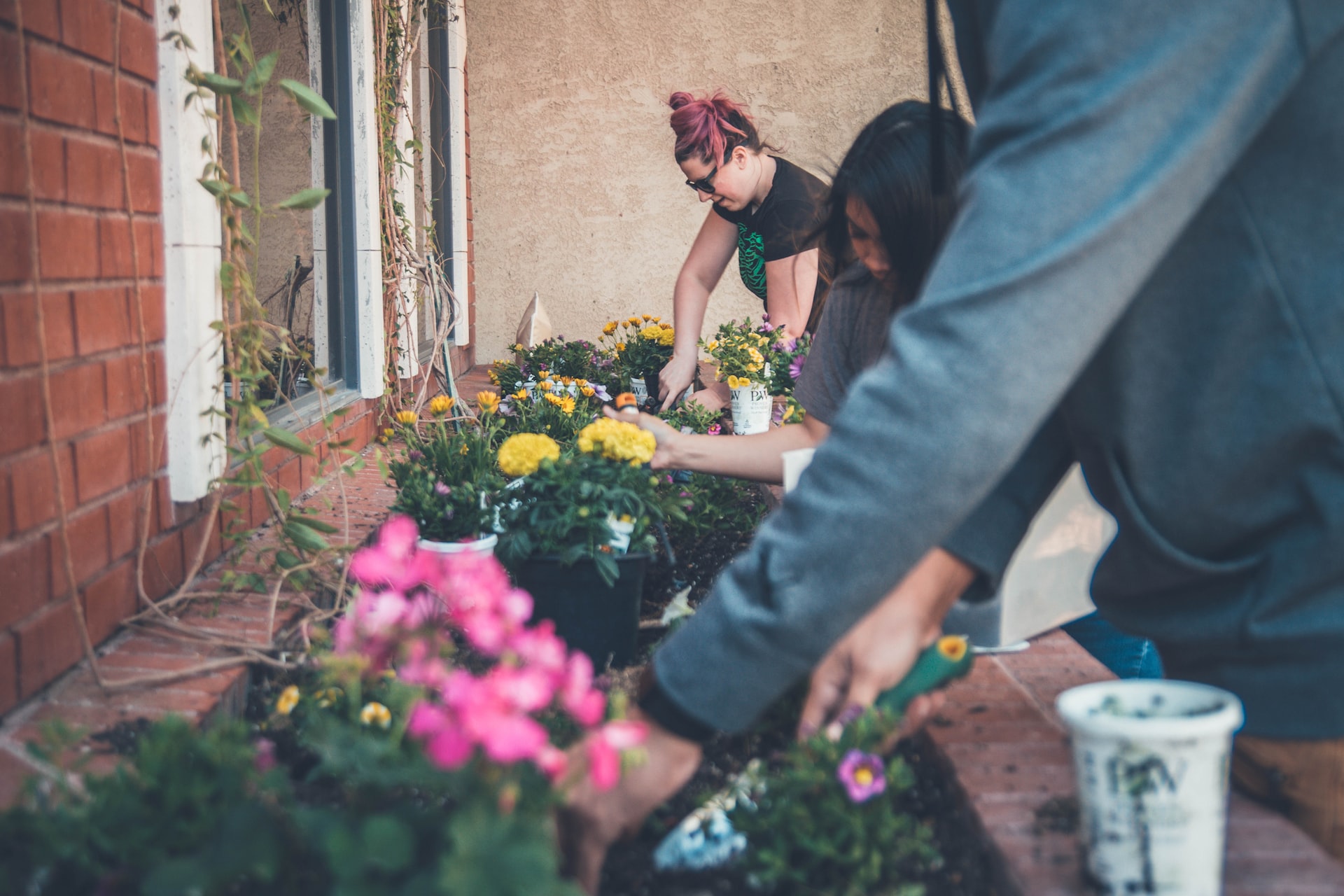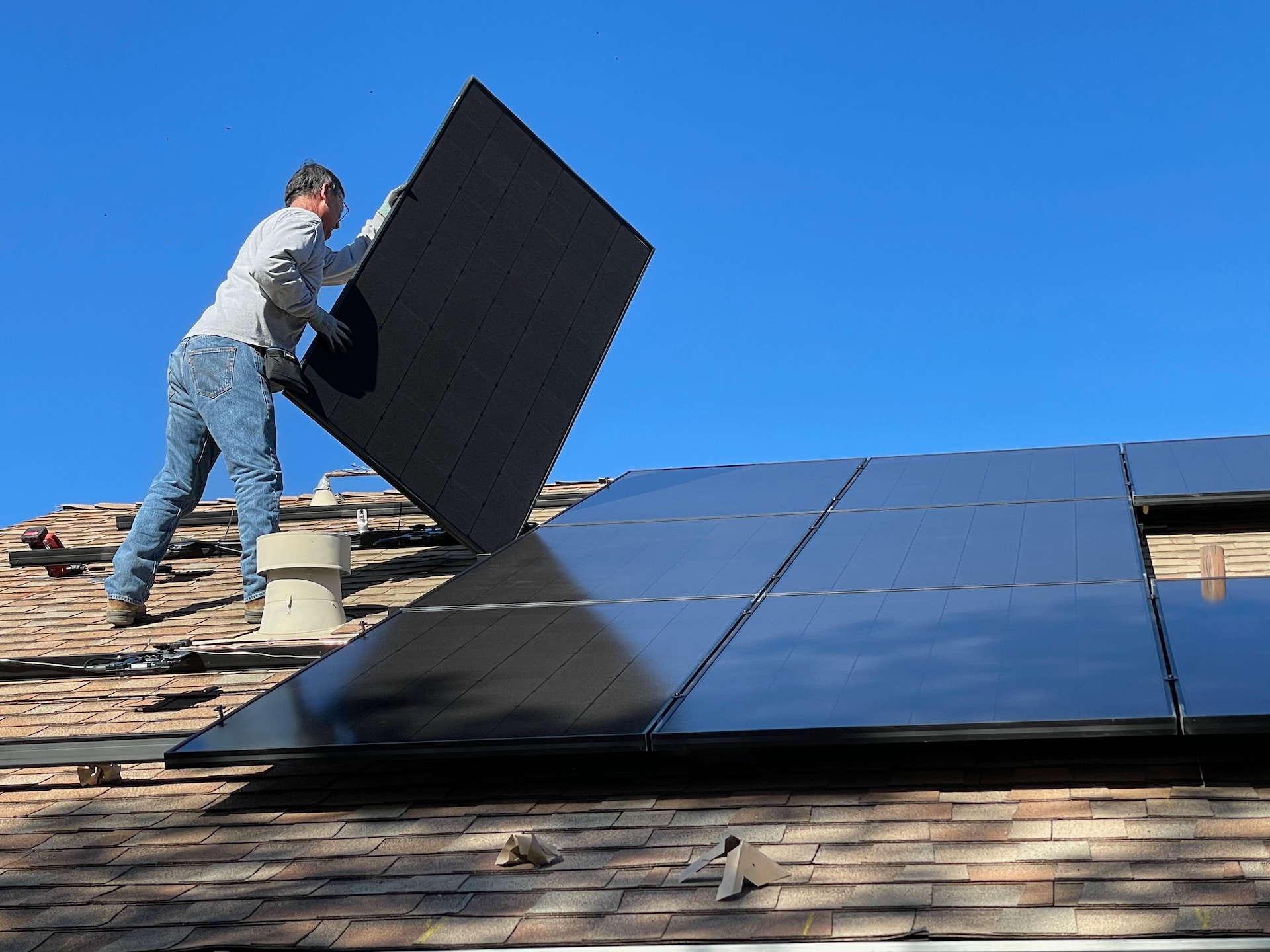Gardening can be one of the most fulfilling hobbies, but it also requires lots of work and patience. If you want to get the most out of your garden, you’ll need to understand your plants and the soil they grow in, as well as the various pest and disease issues that can affect them. By following these tips for improving your garden, you’ll be sure to have a beautifully maintained yard all year long!
Water Regularly
It is extremely important to water your plants regularly in order to improve your garden because without it, the flowers will quite simply dry up and die. There are two ways to water the plants: by hand or with a hose. The first method is probably less efficient, but it’s also cheaper. Hoses are a better option for big yards and gardens, as they can reach further distances than a watering can. If you’re going with the hose option, make sure you put it on an automatic timer so that you can remember it! To get your hose and other garden essentials, go to www.hpotter.com. No one wants a dried-out dull garden. And with a gorgeous blossoming front lawn and backyard, you can greatly increase your home’s aesthetic and thus the curb appeal of your home.
Look After The Soil
It is important to look after the soil properly in your garden and give it the proper care and maintenance it needs because if you don’t, then there’s a good chance that you won’t be able to grow anything at all. For example, one of the best ways to improve your soil is by adding compost and manure which will help create a healthy, fertile bed for planting. You can also improve the soil by ensuring that you always add lime every year which will help with acidity. And finally, as mentioned above, make sure that you water your plants. It might seem obvious, but it’s still worth mentioning again just how important it is to make sure that you water the plants in your garden regularly so they get enough hydration.
Add Mulch
Mulch is another great tip known by many gardeners as a great tool to improve the state of one’s garden. Mulch provides insulation for your soil, which can help in colder climates and keeps your plants cool in hotter weather. Mulch also reduces water loss, improves water absorption and provides nutrients for plants. If you are wondering what type of mulch is best for your garden, look no further than natural options like wood chips or leaves. Synthetic mulches are a good option too if you don’t want to use real wood or leaves. These types of mulches include rubber, plastic, gravel and pine needles. As always, research these before purchasing them so that they will be an appropriate match for your needs. You might even find some beneficial organic material around your property or at a nearby nursery. Whether you buy organic materials locally or synthetically made, make sure to place it at least four inches deep on top of the soil and three feet away from any plant stem. Keep this layer consistent to avoid damaging nearby plants when adding more layers. You should also rake up any excess material at least once a year, though doing this more often may lead to better results in some cases.
Plant In The Right Season
Generally, the appropriate seasons to plant in are spring and autumn. Winter is not a good time because your plants will go dormant, meaning they will be inactive and stop producing food for themselves. It is also a bad idea to plant during the summer because this is when your garden needs water more than ever. As well as that, it’s difficult to take care of plants at this time of year because you’re too busy enjoying other parts of summer. You can use websites with advice on gardening if you’re unsure what season to do your planting.
Choose The Right Plants
And finally, the plants you choose are everything when it comes to improving the look of your garden. Some popular planting options include fruit trees (plums, pears), strawberry vines, raspberry bushes, and blueberry bushes. Similarly, some flowers that can grow in most gardens include pansies, geraniums, sweet peas or petunias. As mentioned, you should make sure that your soil is healthy before planting anything by adding compost or fertilizer. If you live near a park with lots of natural vegetation then it might be wise to take a few clippings from there – but remember not to take too much!
Have A Beautiful Backyard!
So there you have it, some of the best tips on the market for how to improve your garden. Just remember to be consistent with your efforts when it comes to improving your garden. Good things take time! But with some perseverance and tender loving care – the results can be quite spectacular. Enjoy the process!






Leave A Comment